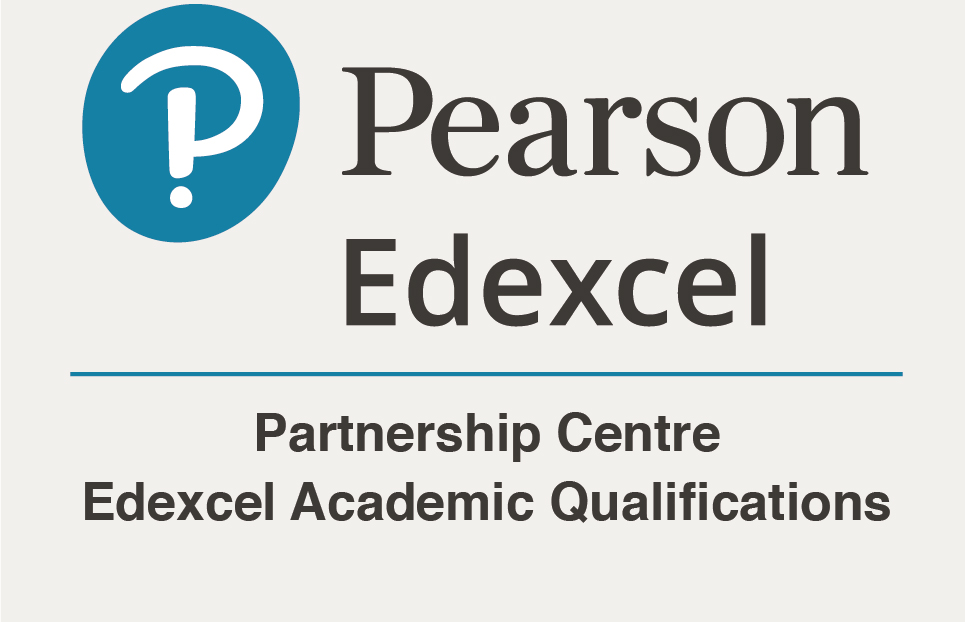The importance of the English Literature SBA
January 29, 2016
A summary
Although in its infancy, the DSE English Literature School Based Assessment (SBA) is evolving into a vital component of the curriculum. Unlike the essay and appreciation exams, the SBA is marked by the teacher and not external examiners. Public examinations are great for assessing student’s knowledge and ability to engage with topics, but it’s the SBA that can develop their preparatory skills for further study. The SBA is more than just add-on coursework. HKEAA allots a sizable 20% of the student’s final mark to the assessment.
By 2019, the English Literature SBA will be mandatory for all schools submitting to the HKEAA. From now till then, the SBA is subject to change. I suspect that the starting options for the SBA (the student can produce an extended essay, analytical review, or a creative piece) won’t remain as free floating by 2019, so it’s best students make the most out of their abundance of choice. As it stands, its current incarnation covers core skills outlined in the original ‘Literature in English Curriculum and Assessment Guide (Secondary 4-6)’, ‘Curricular aims’ at 1.3 of the document (page 11). These important skills were again addressed in the HKEAA Information on School-based Assessment guidelines of October 2013.
Why the SBA is vital
Self-learning
In the DSE, English sets 1 and 2 are carefully selected to make the comparative analysis between each medium viable for students. Although effective for gauging a student’s competency, this structural factor restricts student’s exposure to a limited sample of literature themes. With the SBA, students are encouraged to explore the subject autonomously. Emphasis on cross-discipline pieces that mainly draw on other subjects is strictly forbidden, so it’s up to the student to plan their work knowing that ‘with freedom comes responsibility’!
By enhancing autonomous learning, students are given full responsibility for not just the pre-planning and design of their projects, but the choice selection for their subject material too. Clearly, the SBA paves a way for the independence commonly found in further education. Being overly ambitious or too conservative in their decisions can only be avoided if they are given the opportunity to make mistakes themselves.
Communication and inter-personal skills
THE SBA includes direct interaction with the subject teacher - including a process of feedback - as the project gains momentum. In establishing a different ‘rhythm’ to study, students learn skills that will set them up for a strong start in both higher education and the career of their choice. Private tutoring is an effective way in getting a student to understand how an SBA works. These are central skills - skills student’s need - especially if they are going to navigate Western universities where there is a real focus on student and teacher interaction.
At Brighten, my style of tutoring is amenable to students who are looking to get more hands-on experience in cultivating their project. Knowledge building is triggered when conversing with a passionate tutor. Recently, I’ve started looking at ‘1984’ by George Orwell with one of my DSE students, and she is finds our sessions very productive in the way that we bounce ideas off each other. Talking about book content isn’t enough. Students must be self-aware when making their academic choices and planning. ‘Brain storming’ and breaking down the subject builds their overall knowledge, contributing to the student’s effectiveness in retaining knowledge and comparative analysis.
Top students flourish
Because there is a large degree of freedom in the SBA, it can lend to ‘free styling’ by exceptional students. While the appreciation and essay exam do well at covering ‘critical analysis’ i.e. the retrieval of memory and surface understanding of the chosen texts, they only party involve ‘extended work’ analysis. THE SBA, however, gives top tier student the opportunity to show examiners and teachers alike, how close they are to university-level critique and understanding. The SBA is the ‘stage’ where they can really demonstrate their critical mastery of the subject beyond the set texts they’ve worked with.
The SBA is a welcome addition to DSE English Literature. If made the most of, it can serve as a ‘proto-type’ coursework assignment for higher education, as not all humanities subjects are strictly exam based in higher education.
© 晉博教育中心 Brighten Youth Education Centre


